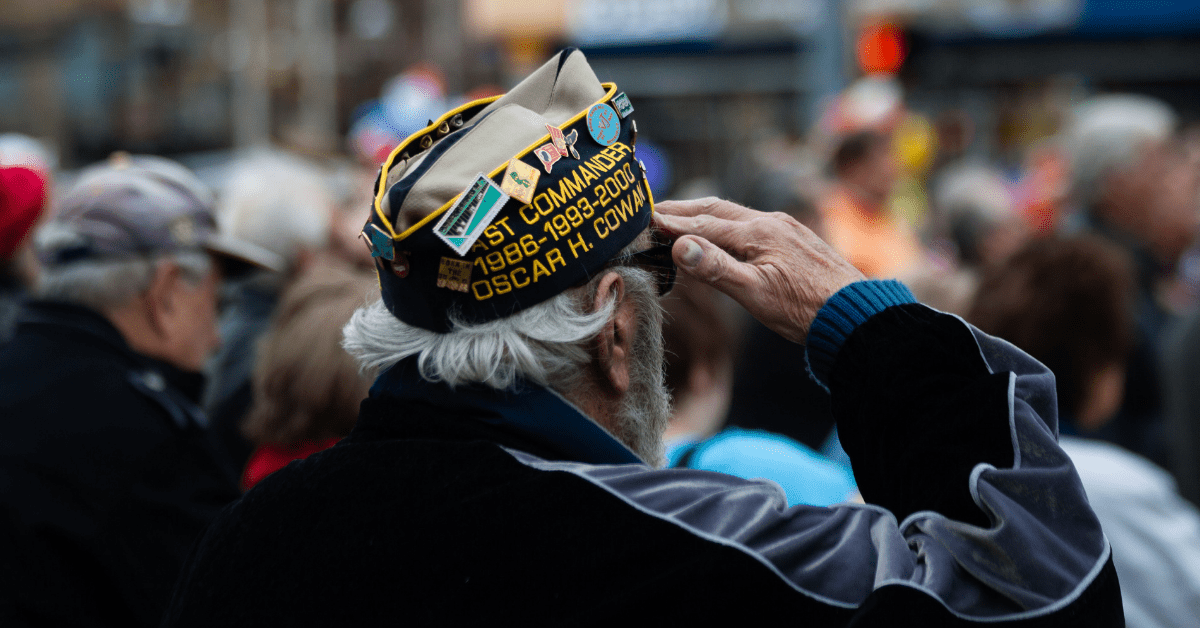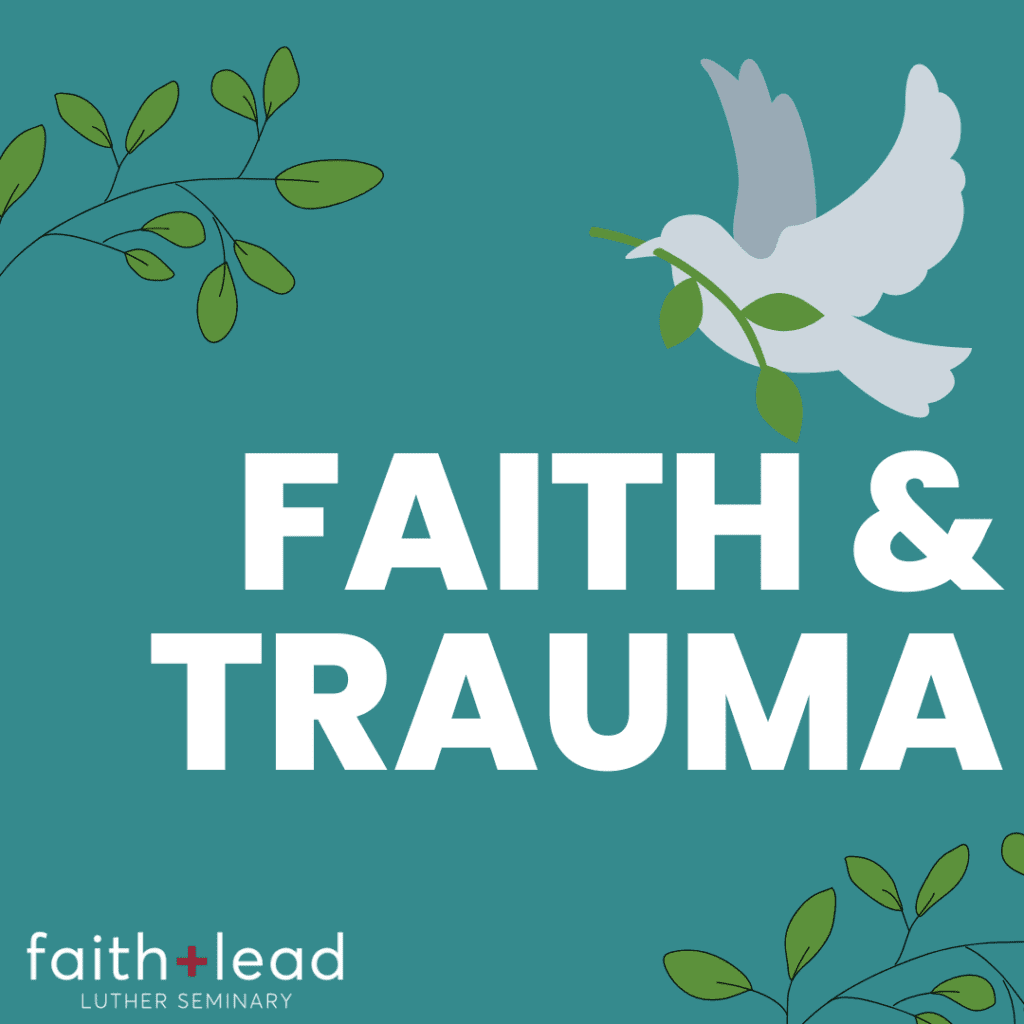The opinions and views expressed here are the author’s, and do not necessarily represent the official views of the Department of Defense, Department of the Navy, or Navy Chaplain Corps.
Last summer, the world looked on in horror as media channels broadcast scenes from Kabul, Afghanistan. Enacting the order to withdraw all United States and allied forces from Afghanistan after 20 years of war in the country, few expected the subsequent and swift Taliban takeover of the Afghan government and control over the whole country. Thousands of Afghans, fearing for their lives, rushed to the gates of Kabul International Airport, desperately hoping to evacuate the country along with the U.S. and its allies. This situation also created a tremendous risk of an attack, and on August 26th, two suicide bombs killed 60 Afghans and 13 American service members.
For military veterans who have served in and deployed multiple times to Afghanistan over the past 20 years, last summer’s U.S. withdrawal and Taliban takeover was more than horrific, it was traumatic. Like so many who have suffered trauma due to the realities of military service and war, feelings of anger, helplessness, and depression resulted. Lieutenant Colonel Stuart Scheller, a United States Marine, took to social media to express those feelings, and demand accountability for those who caused them (see note at end of post). As a result, he was found guilty through military regulations that prohibit such conduct from its members. Yet for many veterans Scheller was a hero, saying in public what many veterans were feeling. Scheller voiced a perceived betrayal by those in authority, leading to mission failure in Afghanistan, and the loss of so many American lives throughout the war.
Different from PTSD
In talking about trauma, the conversation tends to focus on the effects of post-traumatic stress disorder, or PTSD. PTSD is a specific psychiatric disorder, due to a disruption in one’s cognitive processes to stimuli that cause them to re-live the traumatic event, and produce a number of debilitating emotions and behaviors. There is a tendency in our popular society to label any struggle with trauma as “PTSD.” However, the reaction of military veterans of Afghanistan to last summer’s withdrawal and Taliban take over reveal a lesser known, but no less devastating effect of trauma: moral injury.
The concept of moral injury was presented in 1995 in psychologist Jonathan Shay’s landmark work, “Achilles in Vietnam.” In his work with Vietnam War veterans, Shay noted that while their trauma symptoms were similar to PTSD, PTSD was not the cause of them. The veterans Shay worked with struggled with a sense of betrayal and loss of trust in government and military leaders directing the war, and the entire mission itself. They blamed themselves for failing to prevent the deaths of their fellow service members, but also blaming poor decision-making and the war’s cause for those deaths. In short, these experiences were traumatic because they violated their personal sense of what was “good” and “right.” This betrayal was an injury to their moral being, causing feelings of shame and guilt, anger over lost trust, and destructive behavior Shay characterized as, “the undoing of their character.”
In the wake of 20 years of war after September 11th, 2001, in Afghanistan and the Middle East, many veterans of those wars struggle with their experience serving in them. Yet, those struggles are not just due to post-traumatic stress. Their struggles are manifest in their questions regarding the purpose of the mission, meaning of their military service, of their goodness and fundamental beliefs about what is moral. Perhaps more than any other war before it, the conditions of unconventional war and our society’s general disconnection and apathy with the Post 9/11 wars in places such as Afghanistan have caused military veterans of those wars to ask, “Did my service even matter?” and “Does anyone even care to notice?”
Effects of isolation
Most research on trauma care notes that isolation makes the trauma’s effects worse, and harder to heal from. There is power in connection. Yet, for those suffering a moral injury, connection isn’t narrowly defined as recognizing trauma’s signs and helping them seek professional mental health. There is a type of connection needed that helps military men and women wrestle with moral questions of right and wrong, seeking God’s justice amid the injustice of earthly institutions, and ultimately, re-connect them to their fundamental goodness. This connection isn’t restricted to professional mental therapy and treatment alone. The connection that heals moral injury is also (and I would argue vitally) the work of accompaniment with and proximity to those who suffer, of renewing the human spirit, and of proclamation and sacramental presence. It is the work of the church.
Congregations play a vital role in helping this generation’s military veterans make sense of and heal from the effects of a 20-year war, one that went almost unnoticed by the civilian population that endorsed the leaders that sent them off to war. Leading our faith communities to be places of healing for trauma and moral injury isn’t just important. It is our moral responsibility as followers of Christ.




